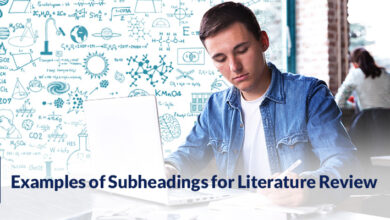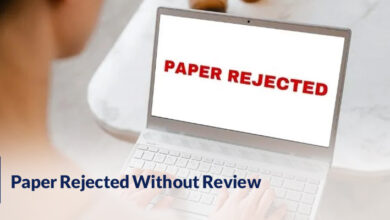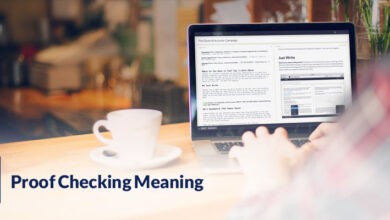Why does plagiarism matter?

As a writer, student, or academic, you may be familiar with the term plagiarism. But what is plagiarism, and why does plagiarism matter? In this article, we’ll explore the definition of plagiarism, its consequences, and why it’s important to avoid it. Papers Science will tell you more about that.
What is Plagiarism?
Plagiarism is the act of using someone else’s work without giving them credit. This can take many forms, including copying and pasting text from a source, paraphrasing without citing the original source, and using someone else’s ideas without attribution.
Plagiarism can occur in any type of writing, including academic papers, blog posts, and even social media posts. It’s important to remember that plagiarism isn’t limited to copying word-for-word; it also includes stealing ideas or concepts without proper citation.
Consequences of Plagiarism
The consequences of plagiarism can be severe, both personally and professionally. In academic settings, plagiarism can result in failing grades, suspension, or even expulsion from school. Additionally, it can damage your reputation and credibility as a writer or researcher.
Outside of academia, the consequences of plagiarism can be even more severe. In the professional world, plagiarism can lead to legal action and damage to your reputation. If you’re caught plagiarizing in a published work, you may be subject to lawsuits, fines, or even jail time.
Why does plagiarism matter
Now that we’ve discussed what plagiarism is and its consequences, let’s explore why does plagiarism matter. Here are three reasons why plagiarism is important to avoid.
3 reasons why plagiarism is important
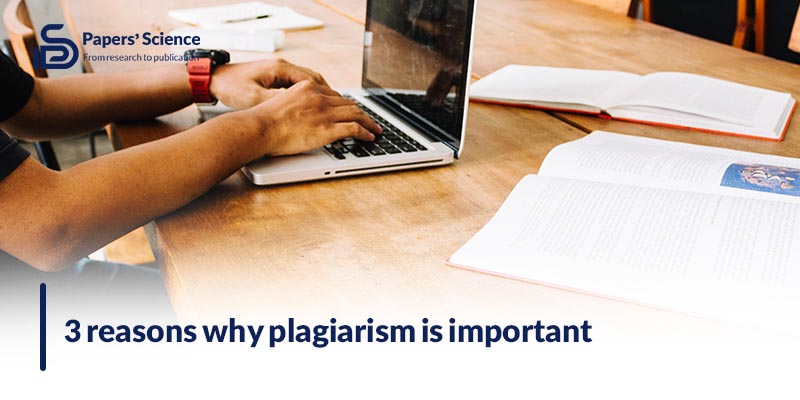
Academic Integrity
Academic integrity is the foundation of higher education. Students are expected to conduct themselves with honesty and respect, and this includes avoiding plagiarism. By plagiarizing, you’re not only violating the rules of your school, but you’re also failing to uphold the values of academic integrity.
Ethical Considerations
Ethically, plagiarism is considered stealing. When you use someone else’s work without giving them credit, you’re essentially stealing their ideas and passing them off as your own. This is not only unfair to the original author, but it’s also dishonest and unethical.
Credibility and Reputation
As we mentioned earlier, plagiarism can damage your reputation and credibility as a writer or researcher. If you’re caught plagiarizing, it’s likely that your work will no longer be trusted or taken seriously. This can have long-lasting consequences on your career and future opportunities.
Read More: First sentence of a research paper
Why is it important to understand the different types of plagiarism?
It is important to understand the different types of plagiarism because each type has its own unique characteristics and consequences. By being able to recognize the various types of plagiarism, you can take steps to avoid them and maintain your academic and professional integrity.
For example, some types of plagiarism, such as direct copying and pasting, are more obvious and can be easily detected by plagiarism checkers. Other types, such as self-plagiarism, can be more difficult to recognize and can have serious consequences if not properly addressed.
Additionally, understanding the different types of plagiarism can help you avoid unintentional instances of plagiarism. For example, if you know that paraphrasing without citation is a type of plagiarism, you can take extra care to ensure that you are properly citing your sources when paraphrasing.
Overall, by understanding the different types of plagiarism, you can take proactive steps to avoid it and maintain your academic and professional integrity.
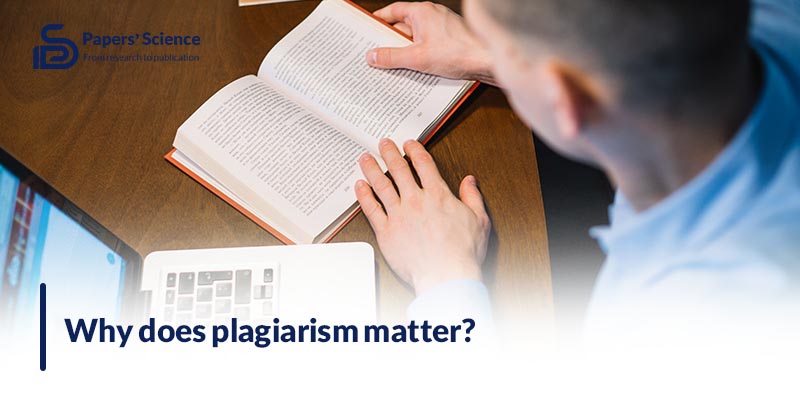
How to Avoid Plagiarism
Avoiding plagiarism isn’t always easy, but it’s important to make a conscious effort to give credit where credit is due. Here are some tips for avoiding plagiarism:
- Use Proper Citations
One of the most effective ways to avoid plagiarism is to use proper citations. This means citing your sources whenever you use someone else’s work or ideas. There are many different citation styles, so be sure to use the one that’s appropriate for your discipline.
- Paraphrase Carefully
Paraphrasing can be an effective way to avoid plagiarism, but it’s important to do it carefully. When paraphrasing, be sure to change the wording and structure of the original text, and cite the original source.
- Use Plagiarism Checkers
Plagiarism checkers can be a useful tool for identifying instances of plagiarism in your work. There are many different plagiarism checkers available, both free and paid. These tools can help you identify areas where you may have inadvertently used someone else’s work without proper citation.
Conclusion
In conclusion, plagiarism is a serious offense that can have severe consequences. It’s important to avoid plagiarism in all types of writing, including academic papers, blog posts, and social media updates. By using proper citations, paraphrasing carefully, and using plagiarism checkers, you can ensure that you are giving credit where credit is due and avoiding plagiarism. Remember, plagiarism not only violates academic integrity and ethical considerations, but it can also damage your credibility and reputation as a writer or researcher.
If you’re unsure about whether or not you’re properly citing your sources, don’t hesitate to reach out to your professor or a writing tutor for assistance. They can help you navigate the often-confusing world of citations and avoid unintentional instances of plagiarism.
In summary, plagiarism is a serious offense that should be avoided at all costs. By understanding what plagiarism is, its consequences, and why does plagiarism matter, you can take steps to ensure that you’re giving credit where credit is due and maintaining your academic and professional integrity.

What are your thoughts on the importance of avoiding plagiarism in academic and professional writing?
Plagiarism occurs when you use someone else’s work or ideas without giving them proper credit. This includes copying and pasting, paraphrasing without citation, and using someone else’s ideas without attribution.
The consequences of plagiarism can include failing grades, suspension or expulsion from school, legal action, fines, damage to your reputation, and even jail time in extreme cases.
To avoid plagiarism, you should use proper citations whenever you use someone else’s work or ideas. You can also paraphrase carefully and use plagiarism checkers to identify instances of unintentional plagiarism.
Plagiarism is considered unethical because it involves stealing someone else’s work or ideas and passing them off as your own. This is unfair to the original author and violates academic and professional integrity.
Yes, accidental plagiarism can still have consequences. Even if you didn’t intend to plagiarize, failing to give proper credit to the original author can still result in failing grades, damage to your reputation, and other consequences.
